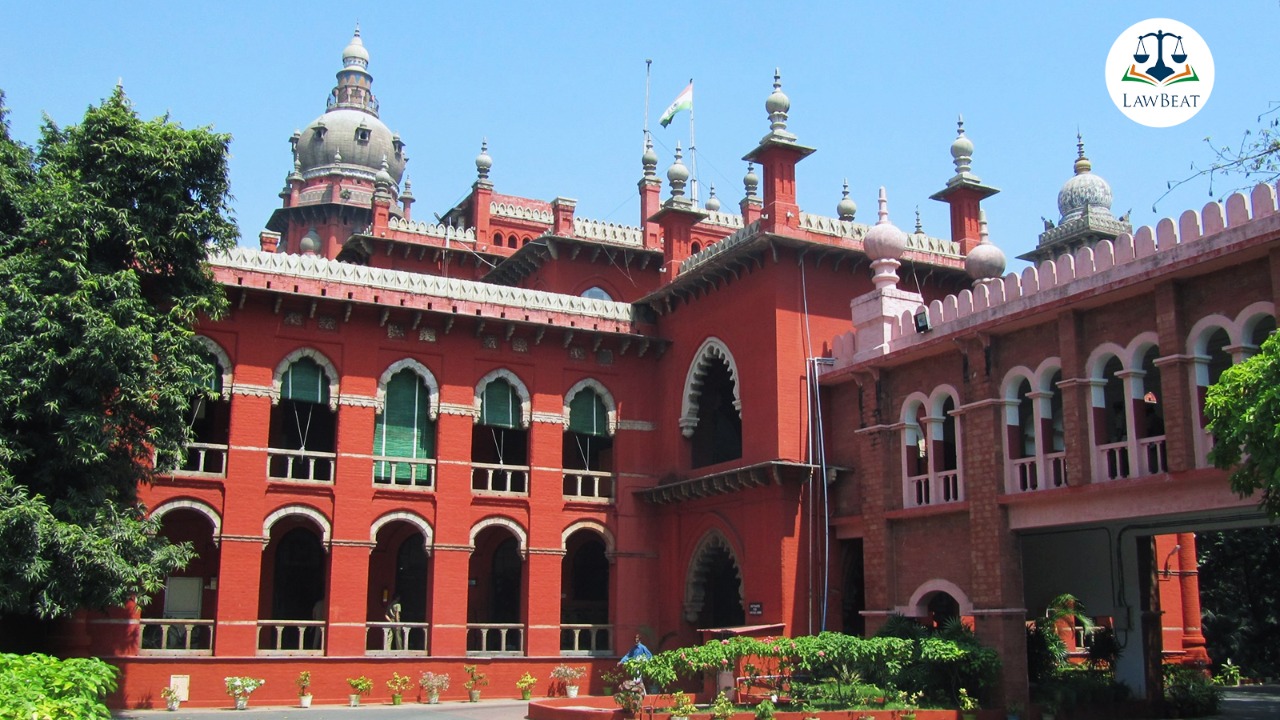Madras High Court Suspends Life Sentence Given to Mother For Killing 9-Year-old daughter

Allegedly, being unable to repay the loan taken from a women's self-help group, the woman made her eldest daughter consume the poison. She also drank it herself, however, spared her two other children
The Madras High Court has recently suspended the life sentence imposed on a 28-year-old woman, who had been convicted for killing her nine-year-old daughter by making her consume poison.
The court's decision came in light of the woman's attempted suicide, driven by her inability to repay a loan obtained through a women's self-help group (SHG).
A division bench consisting of Justices S.S. Sundar and Sunder Mohan ordered the suspension of the sentence after determining that there was no clear intention on the part of the convict to murder her daughter.
Consequently, the trial court's conviction under Section 302 (murder) of the Indian Penal Code was deemed inappropriate by the high court.
"From the overall facts, it is seen that the accused, who was unable to repay the loan taken from Women Self Help Group for family expenses, out of frustration, had committed the crime with the intention to cause her death by consuming poison. This Court finds that there is no intention to commit murder and she falls within the exception and at best she can be prosecuted for an offence under Section 304 (II) IPC where there is no minimum sentence prescribed," noted the division bench.
Before the high court, the woman had filed a Criminal Miscellaneous Petition under Section 389(1) CrPC to suspend the sentence of imprisonment imposed upon her by the Additional District Court, Kallakurich. She had also sought bail pending disposal of the criminal appeal.
The convict's counsel emphasized the heart-wrenching circumstances of the case. Her husband, who had initially lodged the complaint after the 2020 incident, tragically succumbed to trauma subsequently. Moreover, the woman had two surviving children, aged seven and one at the time of the crime. The trial court had ordered that if no relatives were available to care for them, her two surviving children should be placed in a government home.
In addition to the life sentence imposed under Section 302, the sessions court had also found the woman guilty under Section 309 (attempt to commit suicide) of the IPC.
The prosecution contended that the convict had pressured her husband, an earth mover operator, to settle the loan she had taken from the SHG. On September 8, 2020, when the husband left for work, he told her that the loan could be repaid once he received his wages but shortly after his departure, the woman administered poison to their eldest child, and she consumed it as well.
Though no eyewitnesses were present during the incident, and the convict denied any involvement in her daughter's death. the prosecution built its case on circumstantial evidence.
It primarily relied on the testimonies of neighbors who rushed the child to a government hospital, where she was pronounced dead.
The trial court had concluded that the convict had deliberately administered poison to only the eldest child, sparing the seven-year-old boy and one-year-old girl. This led to the conclusion that there was a clear intent to harm only the nine-year-old girl.
Case Title: Parameswari v. State by Inspector of Police, Kallakurichi Police Station
